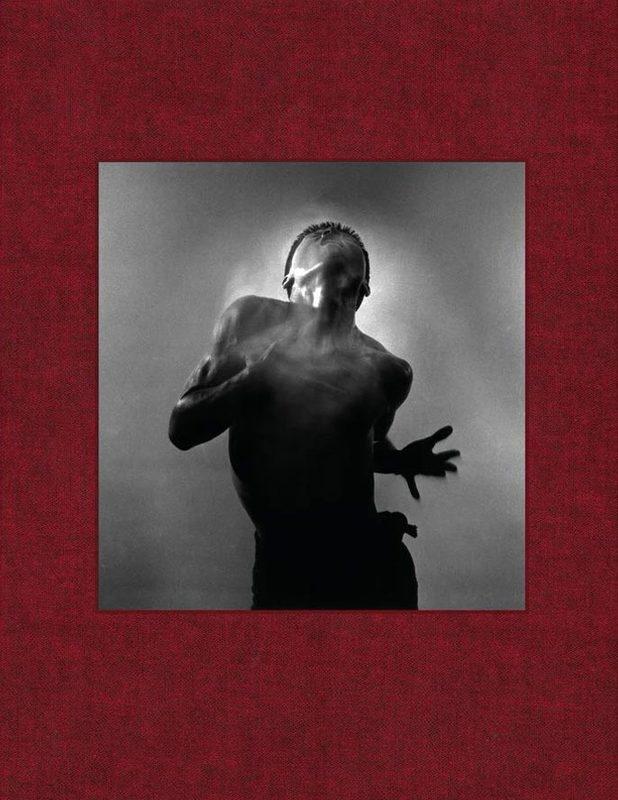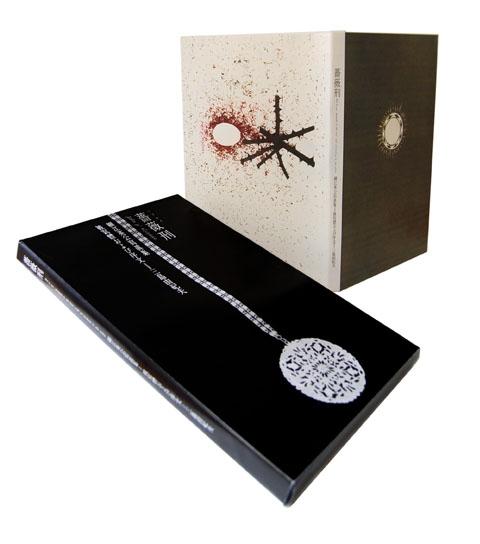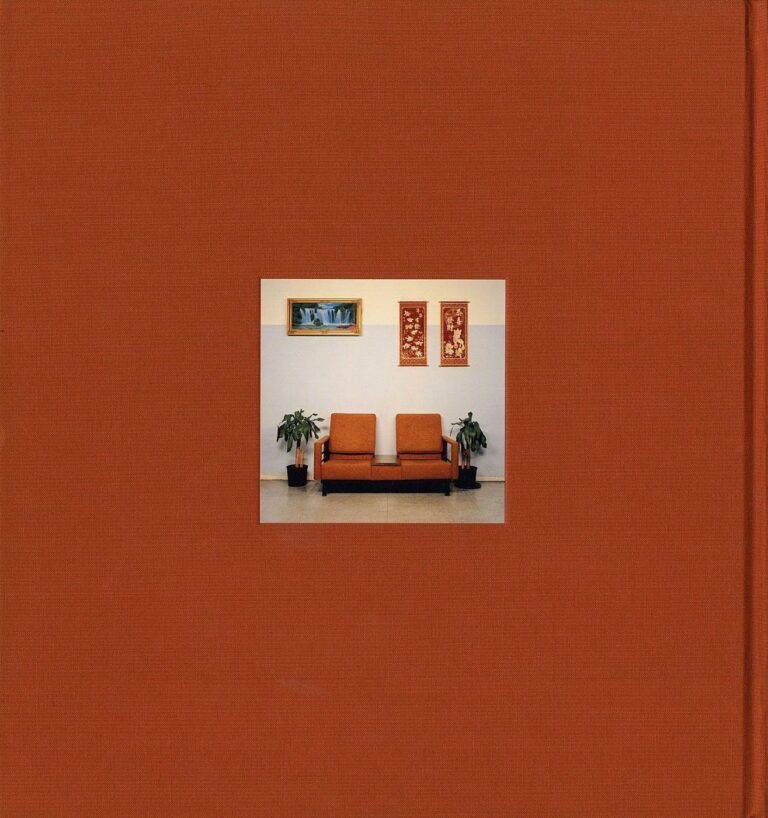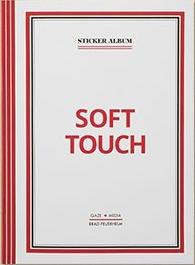Eikoh Hosoe (English edition)

Eikoh Hosoe (b. 1933, Yamagata) is one of the most influential Japanese photographers in the history of the medium. This comprehensive volume will be the primary resource on Hosoes oeuvre, edited, designed, and produced under the artists direction and with the collaboration of internationally renowned curator and scholar Yasufumi Nakamori.
Since the mid-1950s, Eikoh Hosoe has been at the forefront of photographic practice in Japan: as an image-maker encompassing a broad range of subjects; a curator introducing works of master European and American photographers to Japan in 1968; a teacher informing the careers of numerous distinguished photographers, such as Daido Moriyama. He co-established an influential lens-based art journal, co-founded the photographic cooperative Vivo and later the progressive Photography Workshop, created a university education curriculum and photography collection, and exhibited and published numerous books and catalogues of his own photographs in Japan. In the process, he pioneered the establishment of postwar Japanese photography, rescuing the medium from the pre-existing modes of documentary and realism and positioning it at a new nexus of art, literature, performance, and film.
This career-defining publication not only features Hosoes major photographic series but also reveals his lesser-known collaborative works with writers, critics, dancers, and artists, including Yayoi Kusama, in portraiture and beyond. Additionally, the volume includes two newly-commissioned essays offering new perspectives on Hosoes oeuvre, alongside reprints of a selection of previously-published seminal essays on Hosoe by a range of Japanese writers, including the novelist Yukio Mishima and the art critic Shuzo Takiguchi. As well as serving as a survey of Hosoes work, this book uncovers the essential protagonists of Japanese art, photography, dance, and literature across the post-1945 era.







